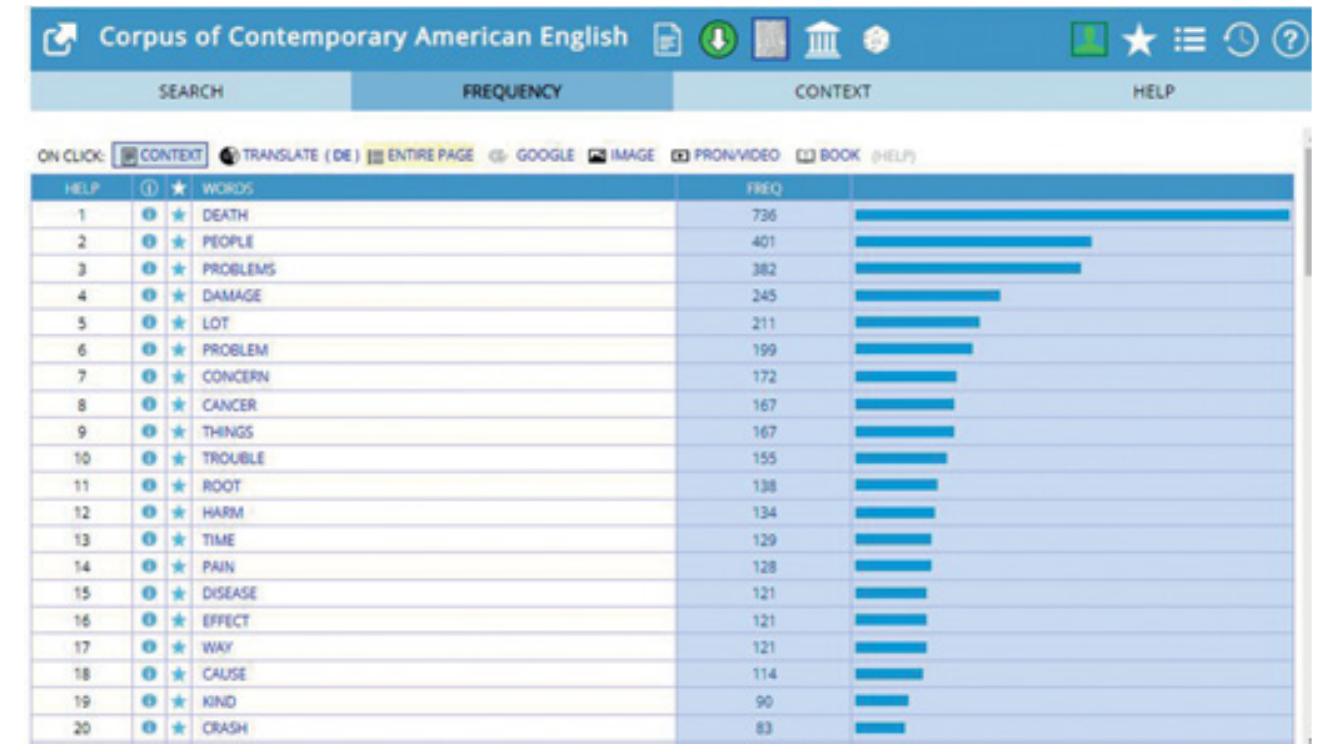Key research themes
1. How can instructional design frameworks be adapted for the efficient development of advanced learners?
This research theme explores the application and adaptation of systematic instructional design models, particularly the ADDIE model, to create effective learning environments tailored to advanced learners. It addresses the need for intentional and authentic learning tasks that bridge knowledge acquisition with real-world performance, ensuring instruction is responsive to learner needs and context. This matters because advanced learners require educational experiences that stimulate complex knowledge construction and skill development beyond basic understanding.
2. What are effective teaching strategies that adapt to learner characteristics and feedback to optimize advanced learning outcomes?
This theme investigates dynamic teaching paradigms that treat teaching as an interactive, adaptable process rather than static content delivery. It emphasizes the importance of developing optimization frameworks that allow teachers to modify teaching strategies in response to learner feedback and characteristics, aiming to maximize learning efficiency and effectiveness among advanced learners. This includes the development of intelligent teaching agents and co-evolutionary teacher-student models particularly relevant for complex learning environments and artificial intelligence contexts.
3. How do advanced language learners utilize multimedia and lexical resources to enhance language proficiency?
This research area focuses on the interaction between advanced learners and diverse learning resources—including multimedia like movies and lexical tools such as dictionaries—and how these resources influence language acquisition, vocabulary development, and proficiency. It probes learners’ perceptions, strategies, and lexical usage patterns, offering insights into effective resource utilization and challenges unique to advanced learner populations.

















































































